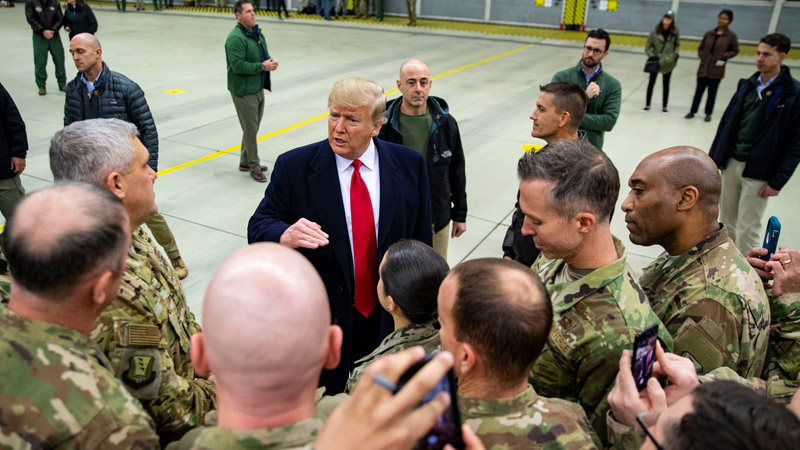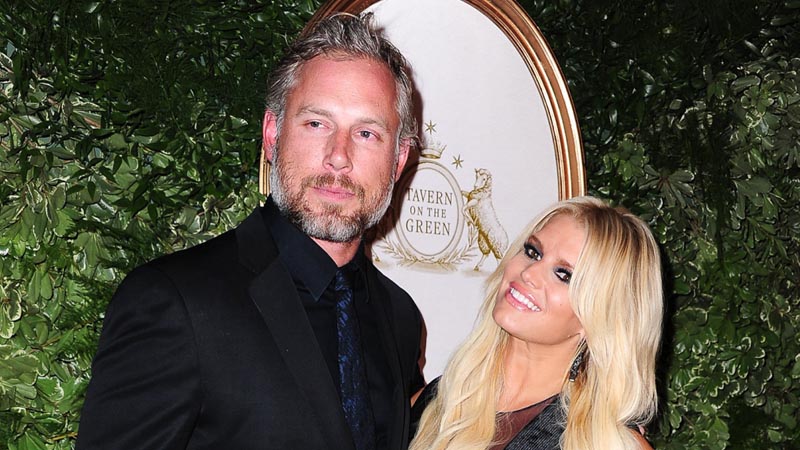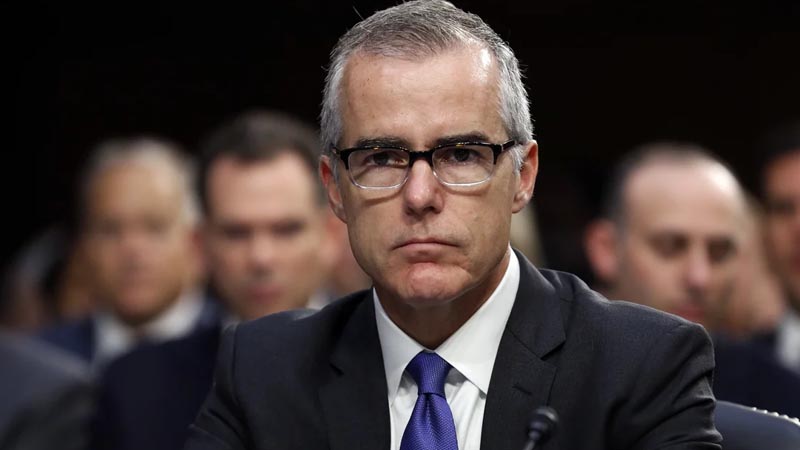Trump’s Arlington Cemetery Gaffe Sparks Rare Public Rebuke from U.S. Army

(Al Drago for The New York Times)
New York Times reporter Chris Cameron, who accompanied Donald Trump during his recent visit to Arlington National Cemetery, has shed light on why the former president’s latest blunder is particularly “unusual” compared to similar missteps by other political figures. Last week, Trump violated federal law by filming in a “restricted area” of the cemetery, a move that led to an unprecedented public rebuke from the U.S. Army.
The Army condemned Trump and his campaign for filming without permission and for the attacks they directed at a cemetery worker who tried to intervene. As Cameron noted, this strong response is atypical and underscores the gravity of the situation.
Cameron emphasized that Trump’s response to the incident is consistent with his disregard for political norms, especially those related to veterans and military service, which are often considered inviolable. This is not the first time Trump has shown such disregard; during his 2016 campaign, he infamously claimed that Senator John McCain was “not a war hero” because he had been shot down and captured during the Vietnam War.
Cameron drew a comparison to McCain’s 1999 presidential campaign, during which the late senator produced an ad highlighting his military service. The ad featured McCain walking solemnly through Arlington National Cemetery, a gesture meant to honor his fellow service members. When criticized for politicizing the cemetery, McCain quickly admitted that he had made “a very bad mistake.”
Furthermore, the Times reporter noted:
Other candidates involved in similar incidents often quickly removed the images. In late 2015, John Bel Edwards, a Democrat running for governor in Louisiana, cut an image of Arlington National Cemetery from a campaign ad after its presence prompted a backlash. ‘When my husband and I see your commercial,” the mother of a man buried at the cemetery had written to Mr. Edwards, ‘we are both uncomfortable and disappointed to see the Arlington National Cemetery used for politics.’
The contrast between McCain’s and Trump’s reactions is stark. Cameron spoke with Peter D. Feaver, a political science professor at Duke University and an expert in civil-military relations, who explained that while the military is often dragged into partisan politics, the way the Trump campaign handled this incident is what truly sets it apart.
Feaver noted, “It is not uncommon that a politician drags the military into a partisan moment — that happens all too often, and both parties do it. What is unusual in this instance is how the Trump team reacted when they were called out for it. Instead of apologizing or claiming it was all a misunderstanding, they doubled down.”
The Trump campaign’s refusal to acknowledge their mistake and their decision to lash out instead has deepened concerns about the former president’s relationship with the military and his willingness to violate long-standing norms. As the fallout from this incident continues, it remains a significant moment in the ongoing 2024 presidential race, highlighting the tensions between Trump’s campaign and the institutions that safeguard the country’s most sacred symbols.


